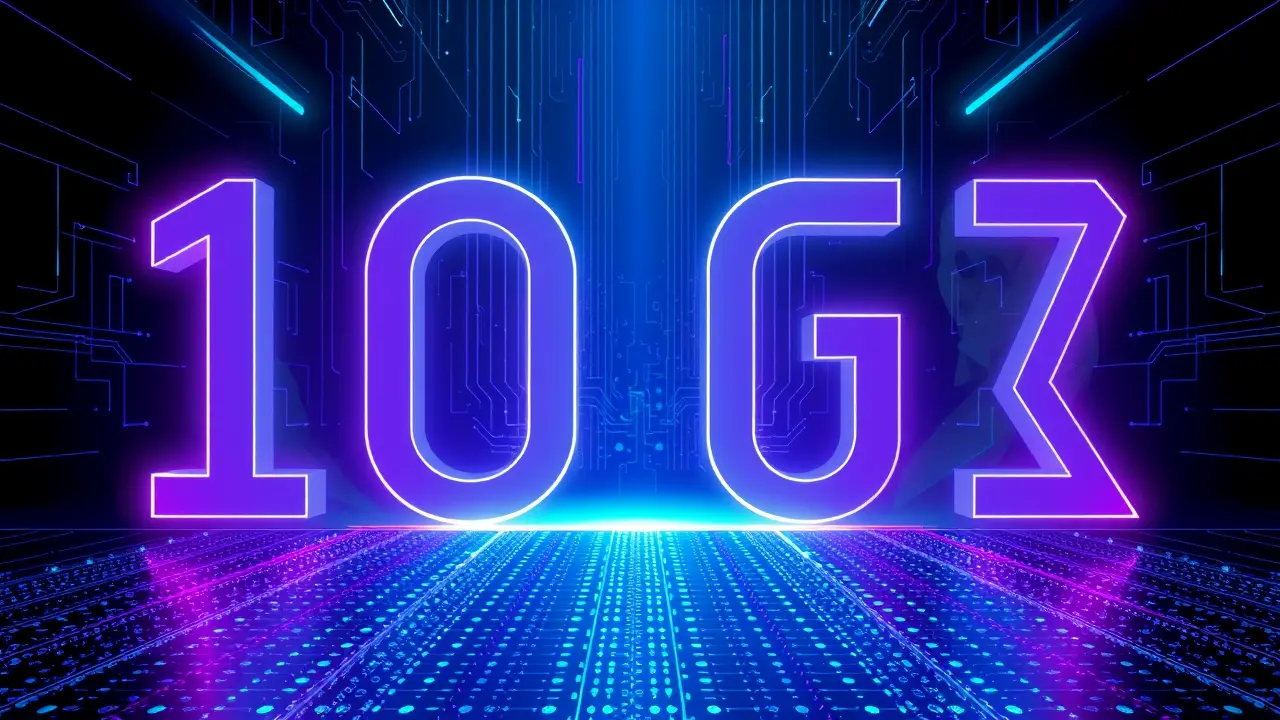OpenAI Partners with Broadcom on AI Hardware
In a move that signals a seismic shift in the foundational infrastructure of artificial intelligence, OpenAI has inked a monumental deal to procure a staggering 10 gigawatts worth of AI accelerator hardware from semiconductor titan Broadcom. This isn't merely a bulk component order; it's a strategic gambit that underscores the voracious, almost insatiable, computational appetite of the large language models and generative AI systems that are rapidly redefining our technological landscape.To put this 10-gigawatt figure into perspective, we're discussing a procurement of processing power so immense it rivals the energy output of several large nuclear power plants, dedicated entirely to the singular task of matrix multiplication and neural network inference. This partnership, marrying OpenAI's frontier-model ambitions with Broadcom's custom silicon expertise—most notably their work with Google on the Tensor Processing Unit (TPU)—represents a clear declaration of technological sovereignty.It’s a direct response to the GPU supply chain constraints dominated by Nvidia, a market dynamic that has become the single greatest bottleneck for AI labs racing toward artificial general intelligence. By locking in a supply of this magnitude, OpenAI is not just securing its own future training runs for models like GPT-5 and beyond; it is actively reshaping the global semiconductor market, forcing a realignment where hyperscalers and elite AI firms are no longer content to be merely customers but are becoming architects of their own computational destiny.The implications ripple far beyond corporate strategy. This scale of investment raises profound questions about the economic and environmental calculus of AGI development, the geopolitical tensions surrounding advanced chip manufacturing, and the very paradigm of how we build intelligence.It echoes the historical precedents set by the space race, where the goal demanded the creation of entirely new industrial capabilities. For researchers and observers, this deal is a tangible data point in the ongoing debate between scaling existing architectures versus pioneering more efficient algorithmic approaches. It suggests that, for the foreseeable future, OpenAI is betting the house on the brute force of scale, a high-stakes wager where the chips, quite literally, have never been more critical.
It’s quiet here...Start the conversation by leaving the first comment.
